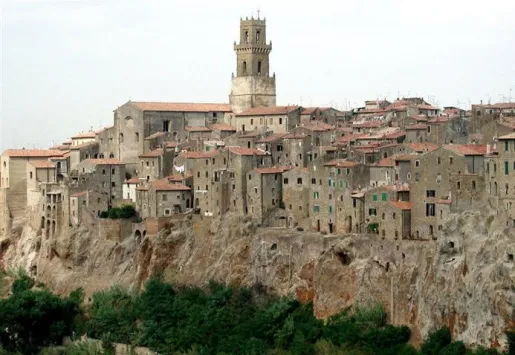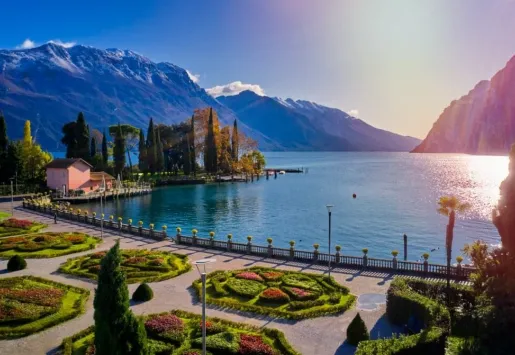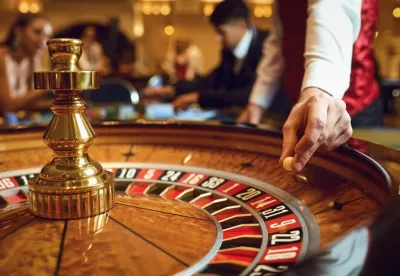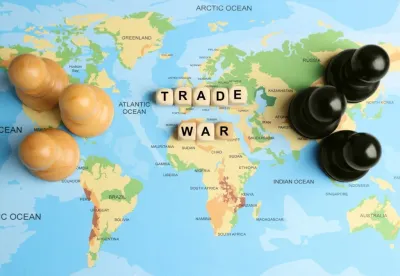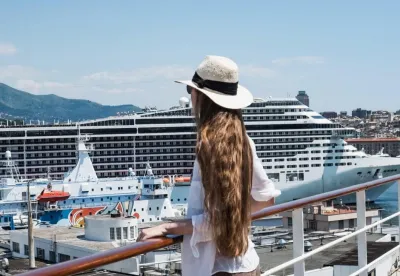
A number of Italian restaurants and companies join forces to fight local mafia. Tourists support them to fight crime.
Italy is the home of some of the largest Mafia groups in the world. Some of these include the Cosa Nostra which is from Sicily, Ndrangheta from Calabria in southern Italy and Camorra from Naples. The mafia is so widespread that its reach extends to Rome.
According to Rome's Appeals Court President, Giorgio Santacroce, the capital has been divided into areas which different mafia groups have control over. To legitimize the money they make from crime, the mafia has invested in cafes and restaurants to launder the money.
For many tourists who visit the region, the issue of crime seems like it is out of control with the mafia controlling about $150 billion in revenue each year. However there are ways in which Italians and tourists combat the issue of crime in Italy.
One of the ways is supporting establishments that are anti-mafia. In 2012, Vincenzo Conticello opened a bakery, restaurant and café known as Antica Forecacceria San Francesco in Rome. The restaurant is unique because the owner is openly anti-mafia, one of the few who have decided to take a stand against the mafia in the region. The café that serves Sicilian specialties such as cassata siciliana, arancine and cannoli siciliana sources the ingredients only from stores and business owners who are anti-mafia as well.
The owner also does not pay pizzo, which is the protection fee that many business owners pay to the mafia in Italy and Rome. The fee is estimated to amount to more than ten thousand dollars and when the owner failed to pay in 2005 for his original shop in Palermo, he came under attack from several parties. The attacks that he faced included the disappearance of his merchandise while his house cat was killed and customers’ cars were damaged.
However this did not deter him and he had to be placed under police protection. This led to the arrest and conviction of the boss of the mafia who is believed to have been in charge of the extortion and harassment of the bakery owner. Since then Mr. Conticello has opened up two new locations of his restaurant in Trastevere and at Fiumicino Airport in Rome.
Some business owners who do not pay pizzo are part of a cooperative that is anti-mafia known as Libera Terra. The cooperative farms on land that initially belonged to the mafia and it also raises awareness on organized crime in the world.
Libera Terra products are available from the center of Rome such as Bottega dei Saporie dei Legalita which is a shop that sells pastas, oil, jams, wine among other Libera Terra products. The shop is dedicated to a law maker, Pio la Toree, a civilian lawyer who was murdered by the mafia in 1982. Another anti-mafia store is Altromercato which is a fair trade shop. These stores are among the ones that have refused to pay pizzo and their produce originates from farms that were initially owned by the mafia.



